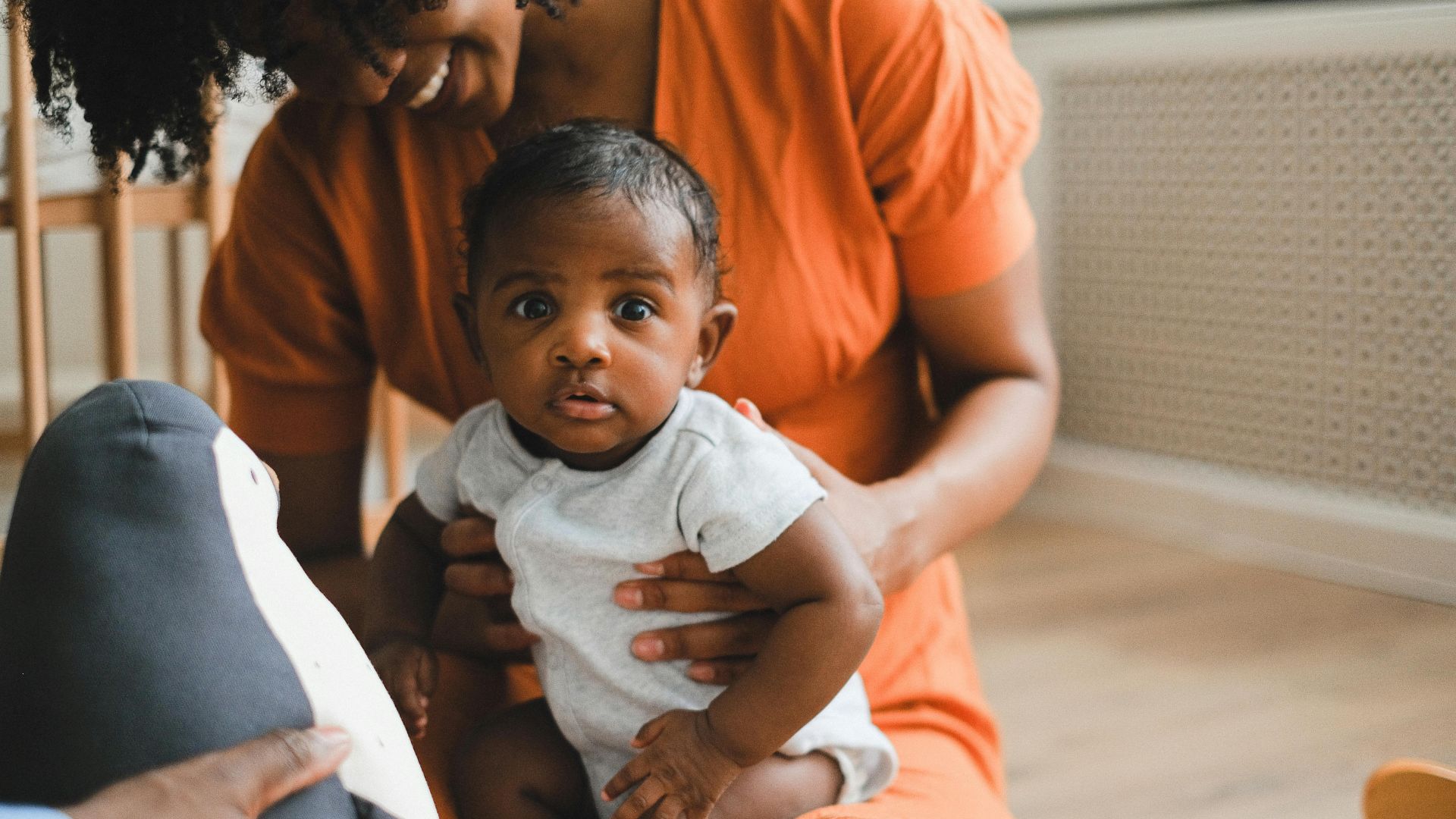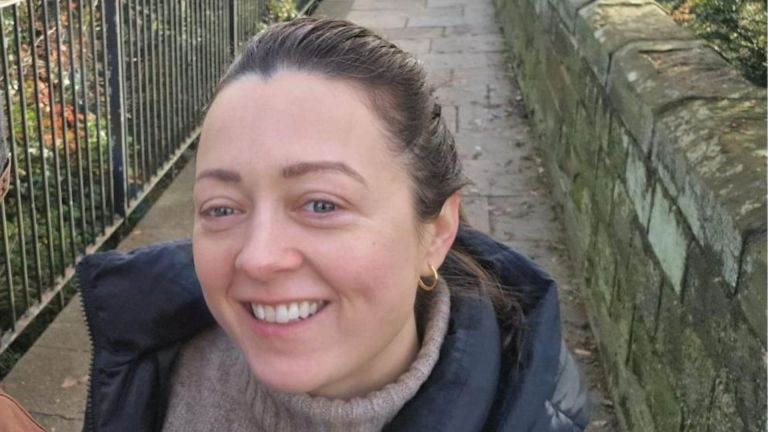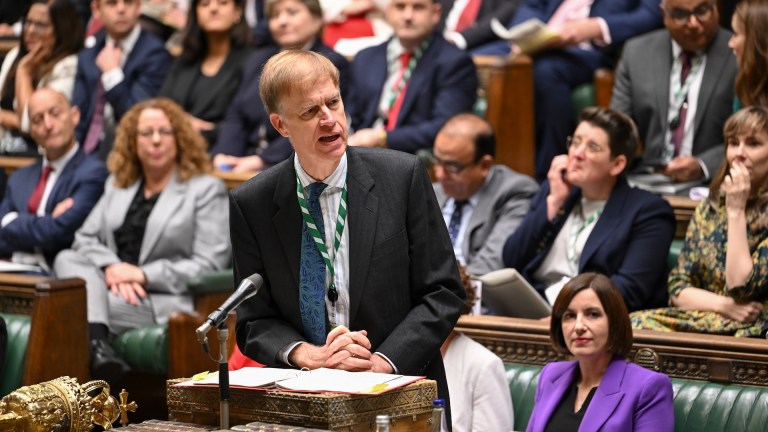Scrapping the two-child benefit cap would be the “single most cost-effective way” to bring children out of poverty, according to a new report.
The Institute for Fiscal Studies (IFS) has found that removing the two-child limit would lift over half a million children out of poverty.
Charities and experts have long called for an end to the policy, introduced by David Cameron’s Conservative government in 2015, which means families claiming benefits who have a third or subsequent child after April 2017 are denied more than £3,000 compared with families whose kids were born sooner.
Around 1.5 million children live in families who have their benefits reduced by the two-child limit, with an estimated 4.3 million children living in poverty across the UK.
Scrapping this policy, according to the IFS, would cost £2.5bn a year, equating to an annual cost of £4,500 per child.
- Single mum reveals how two-child benefit cap ‘punishes’ families like hers: ‘We’re struggling’
- Scrapping two-child benefit cap would save hundreds of infants’ lives, study finds
While the Labour government has been urged by activists and charities to scrap the two-child benefit cap, the party has so far refused, with deputy prime minister Angela Rayner claiming shortly after the election that “we can’t do everything at once”.





